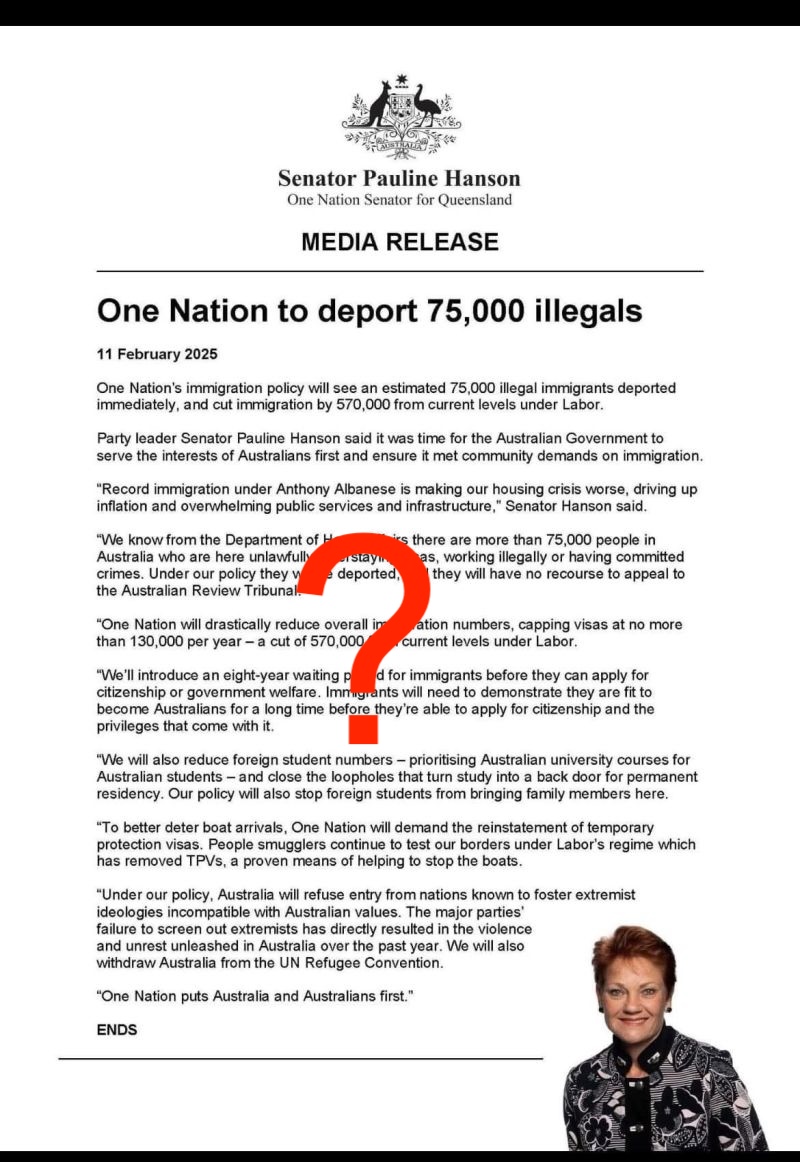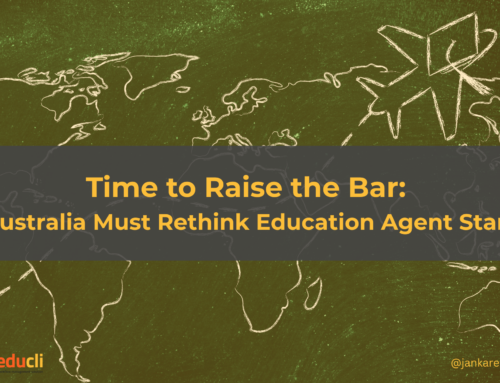A recent statement from One Nation declaring its intention to deport 75,000 illegal immigrants has further reignited debate on migration.
Australia should set an example by welcoming talent, fostering innovation, and securing its position as one of the most desirable places to live, work, and study, instead of following nations that are deporting tens of thousands in a political spectacle.
Australia Needs Migration to Prosper
Historically, Australia’s economic success has been built on waves of skilled migration. Today, with an ageing population and slowing economic growth, the country needs fresh talent more than ever.
International students, for example, are a multi-billion-dollar industry for Australia, contributing not just through tuition fees but also through housing, hospitality, and retail. These students often transition into skilled workers, bridging shortages in medicine, engineering, and technology. By making migration harder, Australia risks losing its status as a top education destination, which will have long-term economic repercussions.
Closing the Borders Will Deter Professionals, Entrepreneurs, and Business Leaders
If Australia signals to the world that it is not welcoming to migrants, it will not be the global business hub it aspires to be. While the government may attempt to control migration, restricting access to skilled professionals and entrepreneurs will only push talent towards more welcoming nations.
Global business leaders, investors, and tech entrepreneurs thrive in environments where they can bring their expertise, establish businesses, and create jobs. Instead of attracting these individuals, restrictive migration policies will leave Australia with fewer startups, fewer job creators, and a brain drain of skilled professionals heading elsewhere.
The Refugee Paradox: Who Actually Contributes to GDP?
Some policymakers argue that restricting migration will still allow for humanitarian intake, such as refugees. While offering protection to displaced individuals is a moral responsibility, Australia cannot rely solely on humanitarian migration for economic prosperity. Refugees, while deserving of support, often require extensive settlement assistance, welfare, and government aid before they can contribute effectively to the economy.
Meanwhile, skilled migrants and international students begin contributing almost immediately, paying taxes, investing in property, and launching businesses. If Australia focuses only on humanitarian intake while pushing away high-value migrants, it risks economic stagnation.
The Socialism Trap: UK, Canada, and Australia in Economic Decline
Anecdotally, the UK, Canada, and Australia seem to be in a competition over who can drive away the most investment, businesses, and high-skilled migrants through excessive government intervention. All three have adopted socialist-leaning policies that deter productivity, inflate government expenditures, and increase the cost of living for everyday citizens. From Canada’s never-ending tax hikes to the UK’s crumbling economy post-Brexit to Australia’s restrictive migration stance—residents in these countries are witnessing firsthand the decline in prosperity.
The Path Forward: Open, Smart, and Selective Migration
Australia should prioritise policies that attract professionals, investors, and international students while maintaining a fair and humane approach to asylum seekers. The country must prioritise policies that attract professionals, investors, and international students while maintaining a fair and humane approach to asylum seekers.
If Australia wants to remain a top-tier economy, it must not close itself off. It must embrace the very people who have built it into the great nation it is today.
#ImmigrationPolicy #SmartMigration #SkilledMigration #InternationalStudents #StudyInAustralia #GlobalTalent #AustraliaEducation #StartupAustralia #EconomicFuture #edtech #educli





Leave A Comment